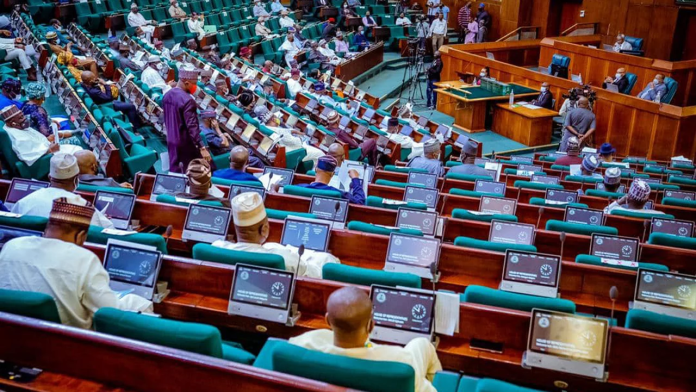THE recent proposal by the House of Representatives Committee on the Review of the 1999 Constitution to create 31 additional states is not only excessive but also emblematic of Nigeria’s chronic tendency to mistake expansion for progress. If approved, this audacious scheme would inflate the number of states from 36 to a staggering 67, further exacerbating the inefficiencies that had plagued governance since independence. While the persistent call for new states in the country by different ethnic groups is not without merit, the sheer scale of this proposition raises fundamental questions about their feasibility, sustainability, and intent.
The trajectory of state creation in Nigeria is one marred by political expediency rather than sound governance imperatives. In 1967, General Yakubu Gowon sought to douse ethnic tensions by dismantling the four-region structure and replacing it with 12 states. Subsequent military regimes, notably under Murtala Mohammed, Ibrahim Babangida and Sani Abacha, continued this trend, elevating the tally to 19, 21, 30, respectively and ultimately 36 by 1996. Each wave of state creation was a product of political maneuvering, designed to placate aggrieved ethnic groups and consolidate power rather than foster economic viability. Today, the same flawed logic persists: new states are seen not as engines of development but as instruments of patronage, tailored to satisfy the vested interests of political elites.
Proponents of state proliferation argue that smaller administrative units will bring governance closer to the people. Yet, history offers no such assurance. The multiplication of states has neither eradicated marginalization nor significantly improved governance from the Nigerian experience. Rather, it has bred a dependency culture where states—bereft of viable economic programmes—perpetually stretch begging bowls to Abuja for federal allocations. How then does further fragmentation solve an inherently structural problem?
Nigeria’s existing 36 states are already floundering under the weight of unpaid salaries, crumbling infrastructure, and a near-total reliance on oil revenue. Many of the existing states lack the internal revenue base to sustain even the most basic functions of government. To suggest that adding 31 more states to this quagmire would yield a different result is both naïve and fiscally irresponsible.
A comparison with functional federations underscores the glaring weaknesses of Nigeria’s federal arrangement. In the United States, the process of state creation is rigorous and underpinned by clear economic justifications. New states must demonstrate financial independence and administrative capacity before being admitted into the Union. Similarly, in Germany and Canada, states and provinces wield substantial economic autonomy, raising their revenues and driving development with minimal reliance on central government disbursements.
It is safe to say that Nigeria, on the other hand, operates a pseudo-federalism where states function more like administrative outposts of the federal government than autonomous entities. The over-centralization of fiscal power in Abuja stifles economic innovation at the subnational level, ensuring that even the best-intentioned governors remain shackled by financial dependence.
Rather than indulging in the fantasy of an unwieldy 67-state structure, Nigeria must pursue a more measured approach. If equity and regional balance were the objectives, then the creation of six or seven additional states in genuinely disadvantaged geopolitical zones would suffice. This would address legitimate grievances without burdening the national treasury with an unsustainable administrative expansion.
Beyond state creation, Nigeria’s survival as a federation hinges on embracing true fiscal federalism. States must be empowered to harness their resources, generate independent revenue, and compete in an open economic environment. Until this foundational issue is properly addressed, additional states will serve only to expand bureaucracy, not prosperity.
The proposal to manufacture 31 new states is not only impractical but a dangerous distraction from the real task of nation building. Let statehood be a product of necessity, not an instrument of political expediency. If the objective is truly to bring governance closer to the people, then power should be devolved to existing state and local governments rather than expanding administrative burdens.
To proceed otherwise is to chase shadows, mistaking expansion for progress. Nigeria does not need more states; it needs functional ones. It does not need more bureaucracies; it needs greater autonomy. The illusion of progress must not be mistaken for the substance of governance. Anything short of a fundamental structural recalibration is but a mirage—an ephemeral vision that dissolves upon scrutiny.


